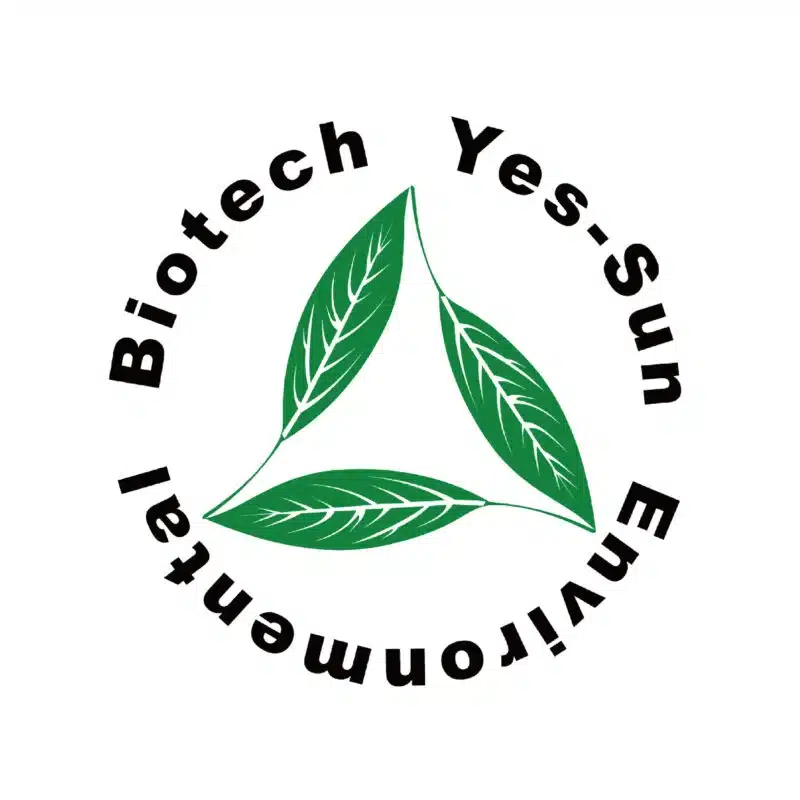Chastain, J.P. (2023). Impact of Storage Time on the Composition of a Finished Compost Product: A Case Study. Applied Engineering in Agriculture, 39(3), 303-313. doi: 10.13031/aea.15312.
https://www.compostmagazine.com/compost-maturity-changes-costain/
The article discusses the importance of allowing compost to mature before using it in gardens. Fresh compost can be harmful to plants due to high salt content and other harmful substances. The maturation process, which involves curing and aging, brings significant changes to the compost, as highlighted in a new study by researcher John Castain.
The study, which examined compost made from manure and wood shavings stored in open windrows, revealed several key findings:
-
Carbon and Organic Material: As compost matures, it shrinks in size, with reductions in organic material and carbon. This decrease is significant because compost is valued for increasing soil organic matter, which supports beneficial microorganisms and helps in water retention and erosion protection.
-
Nutrients: The total nitrogen in the compost remains constant through maturation, but its form changes, becoming more accessible for plant use. Other nutrients, however, do not show much change.
-
Acidity Change: A crucial discovery was the substantial drop in the alkalinity of the compost, from a pH of 8.9 to 6.8, making it more suitable for most plants.
The study’s limitations include the focus on uncovered compost and the wide variation in the age of the compost tested, making it hard to determine the ideal maturation time.
In practice, the article suggests maturing compost before use, even if it means a reduction in organic matter and carbon, for a more stable and nutrient-rich compost. The author shares a personal experience of using municipal compost, initially hot and acidic, which transformed into cool, brown, and earthy-smelling compost after being set aside for months, becoming suitable for garden use.
The FAQs section clarifies that curing is the final stabilization stage of composting, while maturing refers to the overall aging process. It advises leaving compost to mature naturally, noting that while covering compost is an option, leaving it open can also be effective. However, prolonged exposure can lead to weed growth and a reduction in compost volume. The best practice is to add mature compost to soil, where it continues to break down and enrich the soil.
Discover the future of waste management with composting free technology
Handling organic waste properly can be challenging due to the unpleasant smell and dirty water produced during the composting process. Despite the availability of various composting technologies and equipment in the market, time and pollution remain significant concerns. However, a novel technology that combines patented equipment and enzymes offers a potential solution. This innovative approach can convert organic waste into fertilizer in just a few hours, and most importantly, without causing pollution.
Learn more


 中文 (台灣)
中文 (台灣) Bahasa Indonesia
Bahasa Indonesia Tiếng Việt
Tiếng Việt Bahasa Melayu
Bahasa Melayu Français
Français Español
Español Português
Português